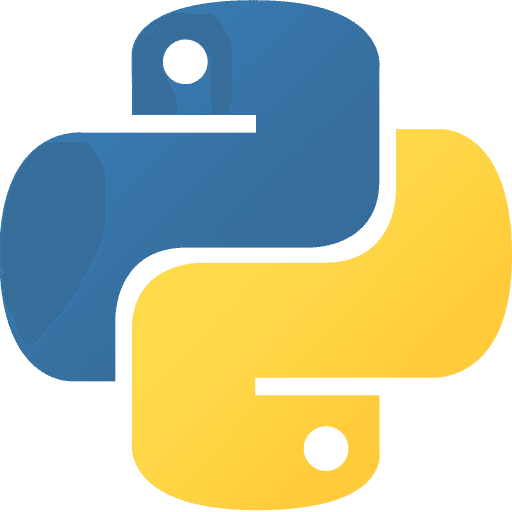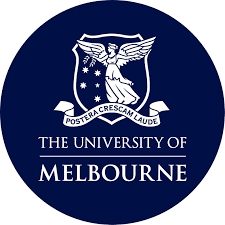Work Hours
Everyday: 北京时间8:00 - 23:59
5/24/22 1 COMP10003 Media Computation Lecture 34 – Examination Technique Assoc. Prof. George Buchanan Dr. Zhanna Sarsenbayeva 1 1 Assessments Mid-semester test – 15% Workshop Assignment – 10% Project Part 1 – 10% Project Part 2 – 10% Project Part 3 – 10% Final Exam – 45% 2 2 5/24/22 2 Examination 45% of course marks • Will be in three main parts • Part A: complete all questions 15 multiple choice questions, 2 points per question • Part B: complete all questions 13 programming questions, 3 points per question You will be asked to write JavaScript pseudocode • Part C: complete all questions 6 short essay questions, 5 points per question 3 3 Examination With the programming parts: • We will be (very) tolerant of minor syntax (punctuation) errors • You are doing work in an semi-artificial context, so your memory won’t be perfect • Focus on: • Key decisions (e.g. comparisons) • Loops or if/else blocks • Making your meaning clear • Don’t stress over, for example, if a function is called “max” or “maximum” – we’ll get the idea! 4 4 5/24/22 3 Examination Two hours long for the exam itself Plus fifteen minutes reading time This year the examination is online Do bear in mind compliance with the online examination requirements 5 5 Grades H1 – First class Honours – 80% + H2A – Second class Honours, Div. A – 75-79% H2B – Second class Honours, Div. A – 70-74% H3 – Third class Honours, Div. A – 65-69% Pass – 50-64% Fail – <= 49% 6 6 5/24/22 4 Common Mistakes in Past Years Many answers were good, but some repeated issues with examination technique were: • Doing a lot on one question, little on another • Very brief answers even when many marks • Answering something that the question didn’t ask 7 7 Prose (Long) Answers in Exams No answer = no marks One fact = some marks, likely < 40%) Multiple facts, bullet points, no logical connections, little or no concepts or principles ≈ basic pass (40% to 65%) Multiple facts, written in prose, some connection between them; basic presence of principles and theories (mentioned, marginally applied) = fair pass (65% to 75%) ; higher marks in particular for better use of theories… 8 8 5/24/22 5 Prose (Long) Answers in Exams Many facts, prose, strong connections between facts in the answer; some further reading; clear application of theoretical principles = good to very good pass (75% to 85%) (stronger marks implies better logic, use of theory and clarity of argument) Many facts, prose, strong connections between facts; connections drawn with relevant material close to but not in the question; good use of further reading precise application of principles (clear consideration of their limits and application of more than one) = excellent pass (85% plus) 9 9 Wording in Questions “Compare” – ensure that you take two contrasting ideas and identify what is similar and what is different “Compare and contrast” – see the same, but more emphasis on differences ”Explain” – give an account of why and how things work, not just giving a “punchline” “Explain in detail” – the above with more detail; marks will guide you to the depth of detail 10 10 5/24/22 6 Wording in Questions “With an example” – obvious, but really, very, very, very often overlooked “Justify” – ensure to underpin your answer with a clear account that explains why it is not just a good method but ideally the best …very often justify answers are very brief (e.g. “because while is the best method for doing loops”) 11 11 Common Mistakes One common mistake is writing too little, particularly for explain questions. Here is a simple example: Q: “Explain the possible values of a Boolean variable” A: “True and false” Is that actually an explanation? 12 12 5/24/22 7 Common Mistakes Similarly: • Q: “Explain the types of variable you would choose..” • A: “I would use a string.” This isn’t an explanation – it’s simply telling (me) the answer 13 13 What is an Explanation A detailed account of how and why something is, not just what it is So, for example, there are reasons you can give for why you make a recommendation These are worth 30%+ of the marks for most questions There were many cases where this was overlooked – so please don’t forget this! 14 14 5/24/22 8 Example If choosing between boolean and strings: • Give the differences between them • Describe the relevance to the example/problem • Make a recommendation • Explain why it is a better fit And finally • Just saying “I’d use strings because they are better” isn’t an explanation! 15 15 Time Management Time management in an exam is something you’ve probably been told a lot about Symptoms of it being wrong: • You spend a long time on one part, feel rushed in another • You get to the end of a question and spot you’ve not answered it • You find it hard to fit the answer in (too long/too short) 16 16 5/24/22 9 Time Management PLAN! Don’t just dive in • Work out how long you should spend on each part • Identify key points to raise • Perhaps think of an example (across a whole qn) This planning will take time • It is not just “reading” the paper 17 17 Time Management Spend at least 10% of the time planning • So e.g. 12 minutes for a 2hr paper Spend at least 10% on finishing the paper • Same numbers Leaving 80% of the total time for the writing It’s better to do this than just do as much as you can 18 18 5/24/22 10 Plan Actions Write a time beside each part • Later, keep an eye on the time Jot down key ideas • on another piece of paper or beside the question Prioritise • If something looks harder, give it more time, but trim time elsewhere 19 19 Exercise Let’s take the following question: • “Compare and contrast while and if statements, explaining in detail the differences between the two”. If this was worth 11% of the exam grade and you had two hours to complete the exam How long should you spend on it? How much can you write in that time? 20 20 5/24/22 11 Practice Exercise An exercise with exams is to ensure you learn your own pace and time Very often we just “try out” a mock test with no time limit or other constraints This isn’t what we do in an examination It’s even worthwhile pushing your time down so that it is worse when rehearsing than in the examination – why? 21 21 Exam Tips Learn to set your own pace for doing examination questions Budget your time accordingly Rehearse the exam situation – not just the ideas in open-ended times Underline each key thing the question tells you to do (and tick it off when you’ve done it) 22 22 5/24/22 12 Thank you zhanna.sarsenbayeva@unimelb.edu.au Identifier first line •Second line 23



